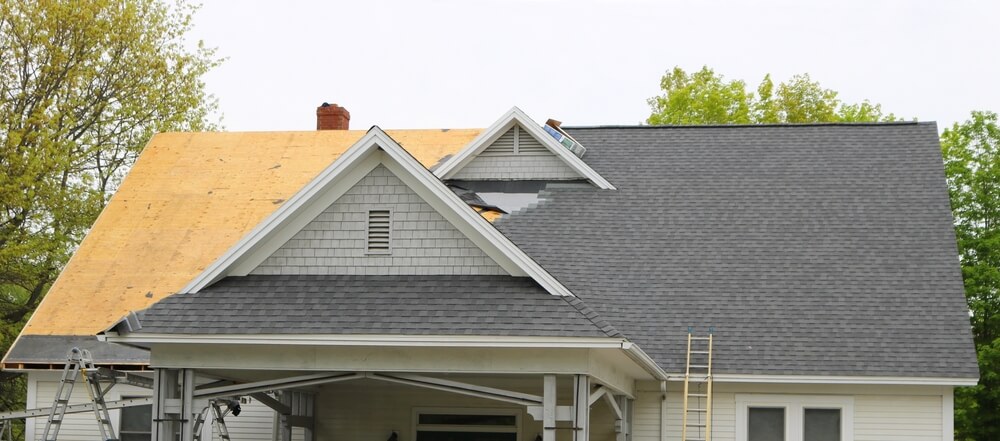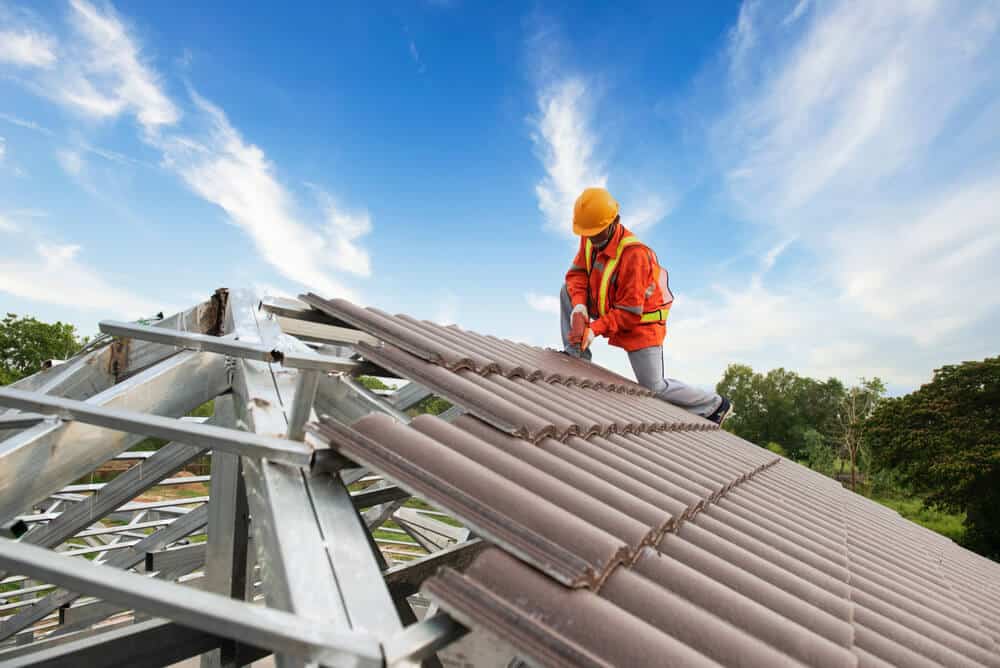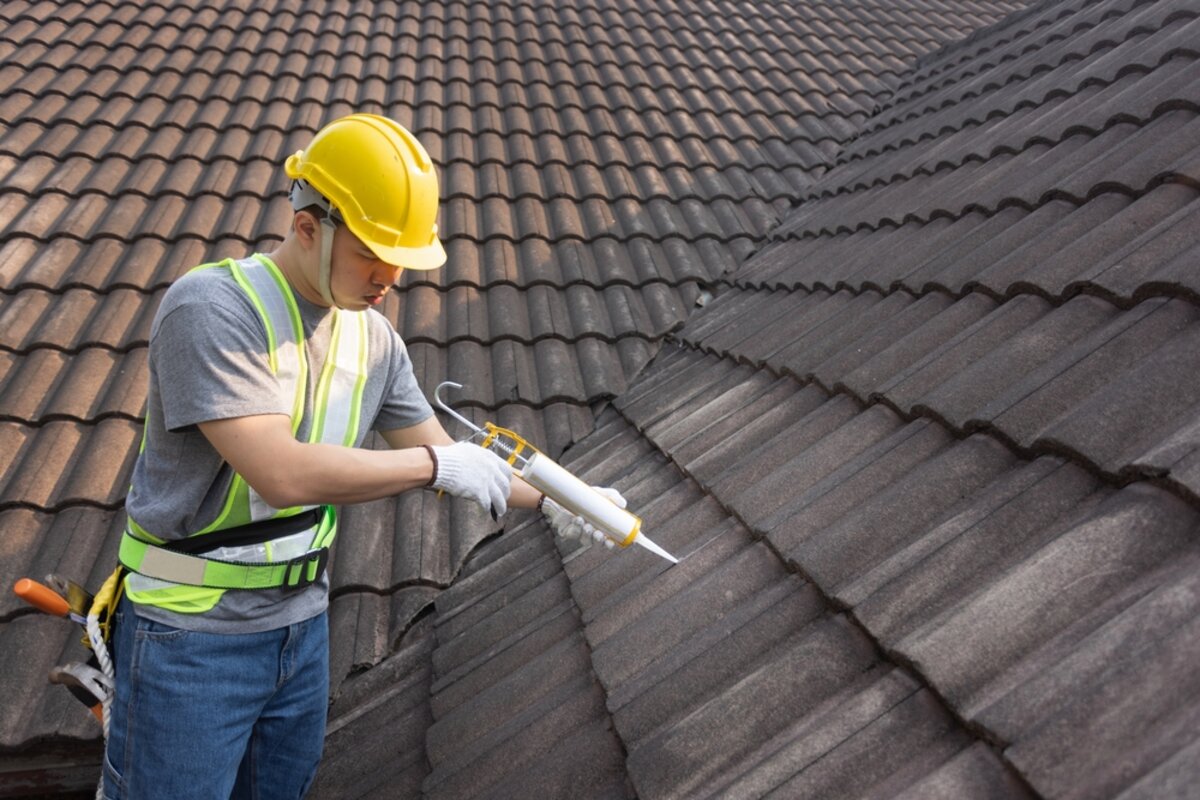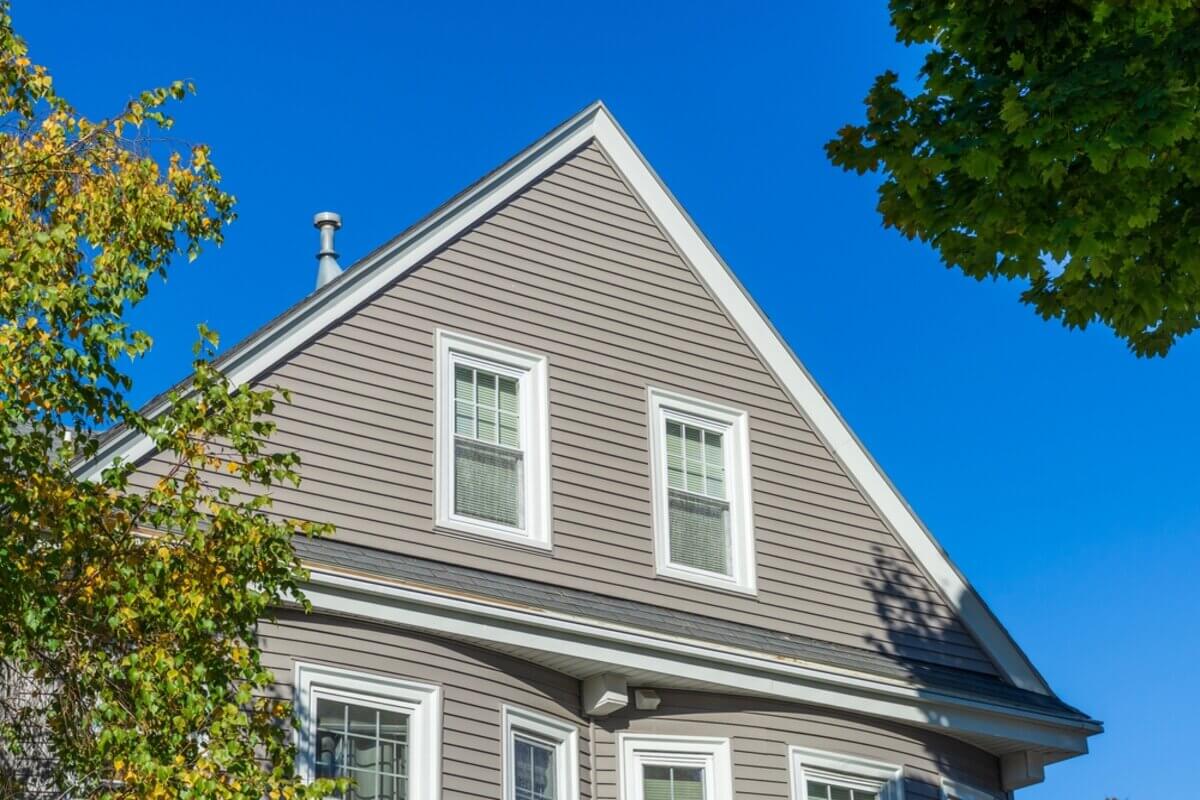There are several benefits to having a roof replacement, but can a new roof lower energy costs? In short, the answer is yes. While a new roof does have an impact on your energy bills, there is more to it than just replacing the roof. Keep reading as we take a look at how you can maximize the energy efficiency of a new roof.
Will a New Roof Lower Energy Costs?
Your roof is one of the most important aspects of your home. The reason is that it protects you, your family, and your belongings from the elements. Over time, your roof will wear down, leading to leaks or gaps that can cause energy loss.
If you are tossing around the idea of scheduling a roof replacement, you may be wondering if a new roof will lower energy costs. As mentioned earlier, a new roof will lower energy costs, but there is more to it than just replacing the roof.
First and foremost, the insulation in your attic is one of the main components of energy efficiency. Replacing the roof and not upgrading the insulation below it will not get you very far.
It is important to upgrade your attic insulation along with a new roof in order to maximize energy savings. Like your roof, you should have your attic insulation inspected once a year for any problems or damage. Doing so can help prevent energy loss and keep your energy bills lower.
Next, the type of roofing material you choose will affect your energy costs differently. Let’s take a look at how the best roofing materials can reduce your energy costs and improve the performance of your home.
Metal Roofs
Metal roofs are one of, if not the most, energy-efficient roofs out there. Metal roofs reflect heat, which prevents your home from absorbing and retaining the sun’s energy during the summer months, resulting in lower cooling costs. Plus, metal roofs can last up to 50 years and require little maintenance.
Cedar Shakes
Cedar shakes are a naturally beautiful roof material that looks great on old-fashioned homes. In addition, cedar shakes are a natural insulator and can help drive down energy costs in your home. You can also rest assured that if you have a cedar shake roof it will hold up against Minnesota’s harsh winters.
Asphalt Shingles
Traditional asphalt shingles didn’t do the best job at reflecting heat. Instead, they absorbed heat and retained it, resulting in higher cooling costs. However, modern asphalt shingles with advanced technologies are better than ever at reflecting the sun’s energy. The result is a cooler home and lower cooling costs. Your best bet is to look for asphalt shingles that have solar-reflective granules to maximize your energy savings.
Does a New Roof Lower Home Energy Costs?
As you can see, a new roof will lower energy costs, but it isn’t the only factor involved in achieving energy efficiency. Before having your roof replaced, you should have your insulation inspected to see if it is up to par. If your insulation has any deterioration or is not up to code, you should have it replaced or upgraded along with your roof to get the most out of your energy savings.
How to Choose a New Roof For Your Home
By now, you may be wondering what type of roof is best for your home. The best course of action is to speak to a roofing specialist like Perfect Exteriors to get an assessment, so they can give you options based on your home and budget.
Perfect Exteriors partners with industry-leading roofing brands such as EDCO, GAF, and Central States. This allows them to source from a wide variety of energy-efficient roofing materials, providing you with the best option for your home.
Can a New Roof Lower Energy Costs? Yes!

Overall, a new roof will help lower energy costs, but it’s important to look at the bigger picture, such as the quality of the insulation in your attic and the type of roofing material you choose for your home. If you are unsure of the next steps to take, reach out to Perfect Exteriors today for a free, no-obligation estimate for a new roof lowering energy costs.








